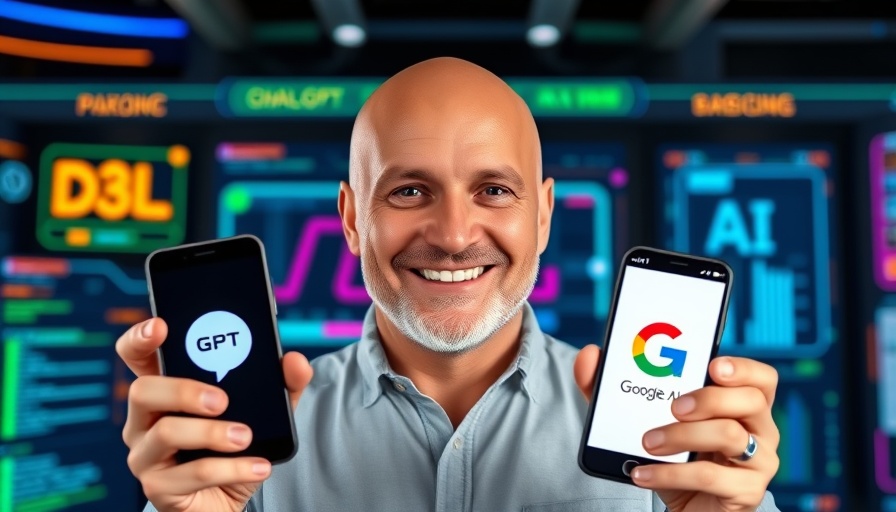
Understanding Hyper-Local Marketing: What It Is and Why It Matters
Hyper-local marketing focuses on reaching consumers in a specific neighborhood or community. It utilizes various online and offline strategies to connect brands with local audiences. This approach is becoming increasingly important as consumers prefer researching and purchasing from businesses in close proximity. For professionals and business owners, mastering hyper-local tactics can lead to stronger community ties and increased customer loyalty.
The Power of Content Marketing in Your Local Market
Content marketing involves creating valuable and relevant content to attract and engage a targeted audience. In hyper-local contexts, this means tailoring your content to address the specific needs and interests of your community. By sharing local stories, promoting events, and highlighting community issues, businesses can position themselves as integral parts of their neighborhoods. Examples include local blogs, newsletters, and engaging social media posts that reflect local cultures and trends.
Integrating PPC for Maximum Exposure
Pay-Per-Click (PPC) advertising can significantly enhance your visibility in local searches. By targeting specific keywords related to your business and location, you can drive traffic from potential customers who are actively searching for services like yours. Tools such as Google Ads allow you to create tailored campaigns focusing on geographical areas, ensuring that your ads reach the right audience at the right time. For example, if you run a bakery, you might target keywords like "fresh bread in [your town]" to catch local customers’ attention.
Combining Strategies: The Winning Formula
The best results come from integrating both content marketing and PPC efforts. While PPC drives immediate traffic, quality content encourages engagement and fosters customer loyalty. For instance, embedding a blog post about community events within your PPC ads not only captures attention but also provides value, making customers more likely to choose your business. This synergy reinforces your brand as a trusted local resource.
Tools and Techniques for Success
To effectively utilize hyper-local strategies, businesses should consider using tools designed for local marketing. Google My Business allows businesses to manage their online presence across Google, enhancing their visibility in local search results. Social media platforms, like Facebook and Instagram, also enable targeted ads that speak to local audiences. Measuring the success of your campaigns can be achieved through analytics tools to track engagement and conversion rates, which will help refine your strategies over time.
Looking Ahead: Future Trends in Hyper-Local Marketing
Experts predict that hyper-local marketing will continue to grow alongside advancements in technology. Innovations such as mobile location-based services and smart city initiatives will provide businesses with unprecedented access to neighborhood dynamics. Future strategies will likely incorporate artificial intelligence to create even more tailored marketing approaches, resulting in a deeper understanding of consumer behavior and preferences within local contexts.
Tales of Local Success: Real-World Examples
Several businesses have effectively leveraged hyper-local marketing strategies. For instance, a small coffee shop in a competitive city area created a successful content campaign around local artists and musicians, driving significant foot traffic. Additionally, they invested in PPC advertising that targeted keywords and demographics relating specifically to the community, resulting in a remarkable increase in local visitors. These case studies highlight the practicality and effectiveness of aligning content and PPC efforts.
Connections and Community Engagement: The Emotional Angle
Hyper-local marketing does more than drive business success; it fosters a sense of community. By engaging locals through tailored content and targeted PPC ads, businesses enhance their emotional connection with their audience, turning customers into loyal patrons. Sharing stories of community support encourages a cycle of trust and goodwill that can significantly benefit all involved.
 Add Row
Add Row  Add
Add 




Write A Comment